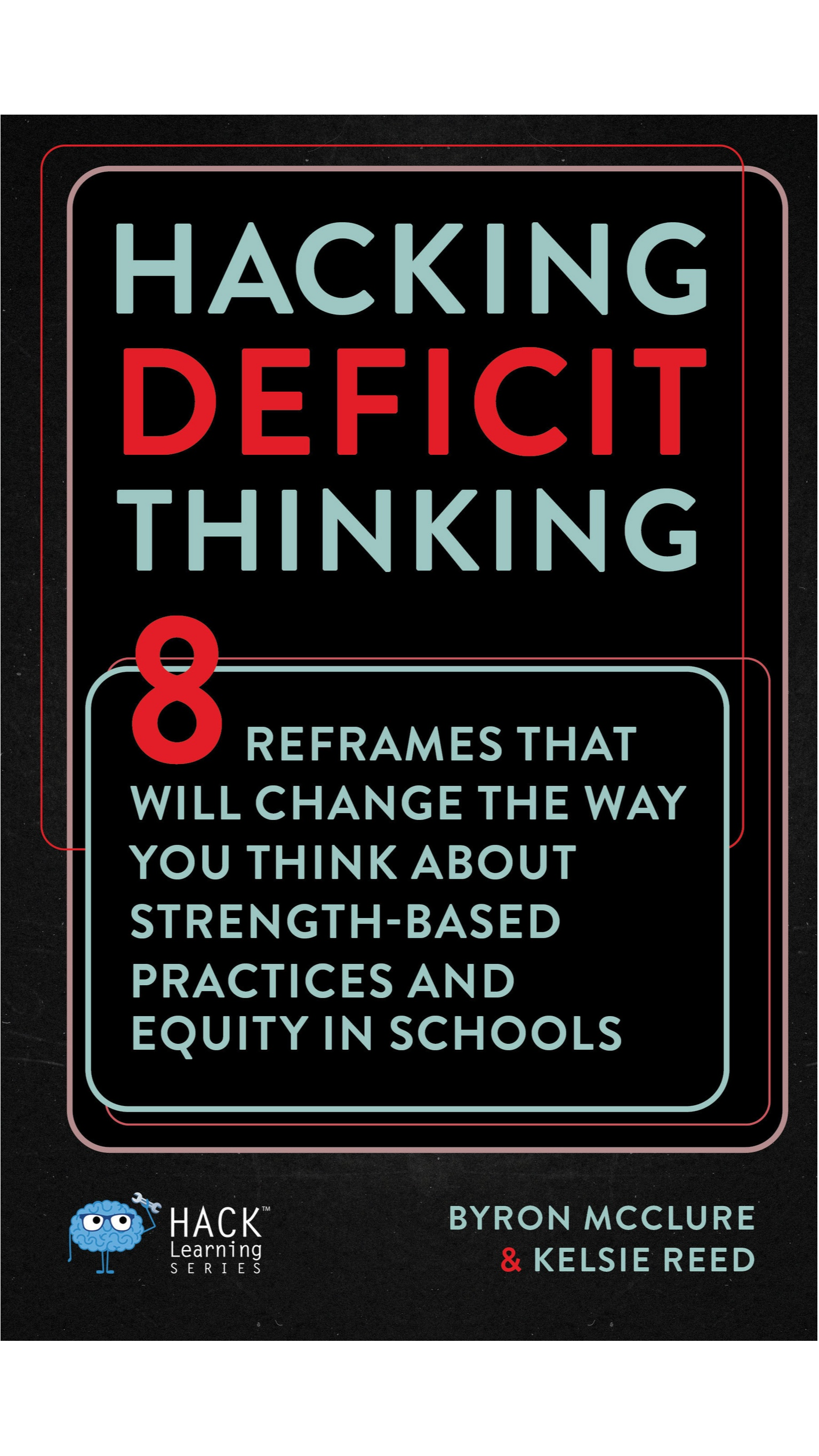Easy Teaching Hacks: Reframe Your Psychology, Emphasize Empathy & Collaboration
Frustrated by a pedagogical system that emphasizes failure and does not celebrate collaboration? Reframe your thinking with “Hacking Deficit Thinking,” the latest in Times 10 Publications’ “Hack Learning” series!


When teaching, it is easy - perhaps too easy - to focus on the negatives of the job. Whether it be a difficult subject or a particularly off day, everyone in the field experiences these emotions, but how are you as an educator meant to reconcile with them? Projecting a negative attitude and basing your value judgments around what your students cannot do is a sure-fire way to set yourself up for disappointment.
Your feelings are your own, and you will feel frustration once in a while no matter what. To err is to be human, after all. If you are looking for guidance, however, look no further. There is a book that contains everything you need to know about defeating negative thought and deficiency-focused practices in favor of a healthier, more productive system!
To find out more or pick up a copy for yourself, visit https://www.10publications.com/hacking-deficit-thinking
This book, titled “Hacking Deficit Thinking,” has been co-authored by Byron McClure and Kelsie Reed and published by Times 10 Publications. The book adds to a range of other educational practice & pedagogy guides in the “Hack Learning” series, one of the landmark collections from Times 10 Publications.
This particular title focuses on the negative biases that pervade teaching and the ways in which you can break out of those systems of thought. The book encourages you to build on student strengths and avoid focusing on shortcomings.
In this book, career psychologists McClure and Reed share their thoughts on the dangers of deficiency-driven pedagogy. In this work, they express the impact that such systems have on both you and your students and then provide a number of research-backed tips that you can follow to build positive reinforcement structures into your lessons.
Additionally, the book details some simple strategies that can help emphasize student strengths and build a sense of community and empathy.
For more teaching hack guides, visit https://www.10publications.com/school-discipline-restorative-practice-books
One reader stated, “Finally a book outlining a strengths-based approach to education! We CAN focus on identifying what works for the child, instead of focusing on what is "wrong" with the child. Language is powerful and these children need us (educators, parents, service providers, etc.) to be the change”
The authors of this volume, owing to their scientific background, seek to humanize the statistics that educators are often confronted with when designing their pedagogical approach. In doing so, they encourage readers to empathize with the unique struggles that each student experiences and to work around those struggles to achieve better outcomes.
Across 8 sections, McClure and Reed tackle topics such as the value of differences, equity in a student population, and ways to reframe thinking through language.
They have made the guide as easy to follow as possible, offering you all the tools you need to be successful in radically rebuilding your outlook when it comes to teaching. Pick up your copy today and find out what you can do to immediately shift your perceptions and patterns of thought.
The tips in “Hacking Deficit Thinking” were devised by the authors after a long career in psychology, over which they came to better understand the difficulties in establishing meaningful equity and empathetic teaching structures. Their book is available in paperback and ebook formats.
For more Times 10 books, visit https://www.10publications.com

